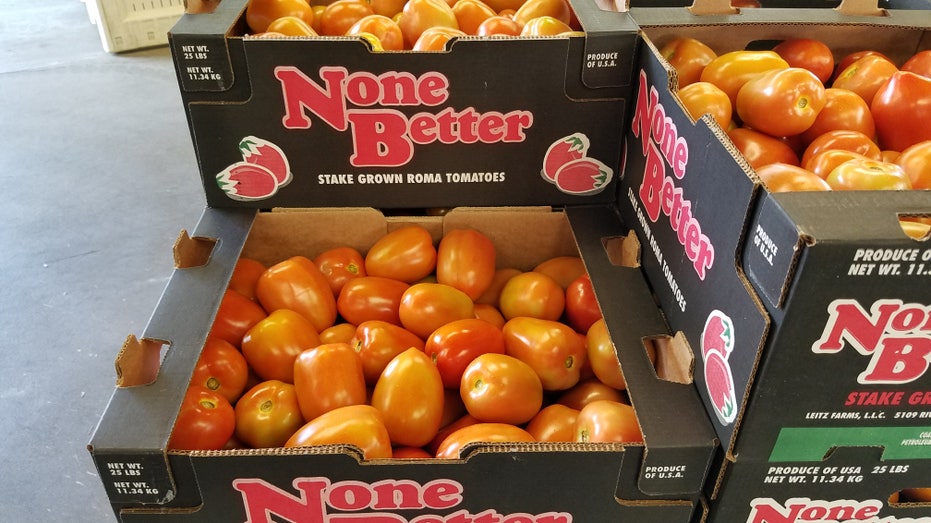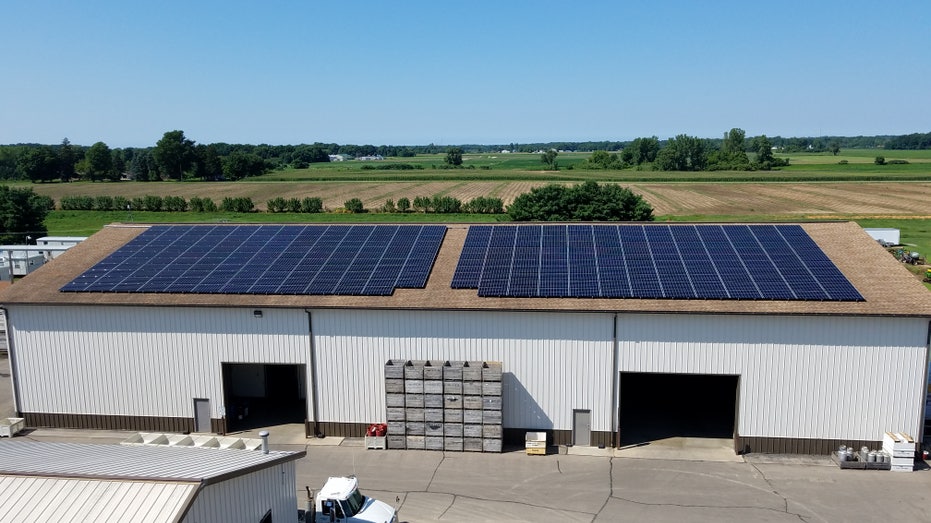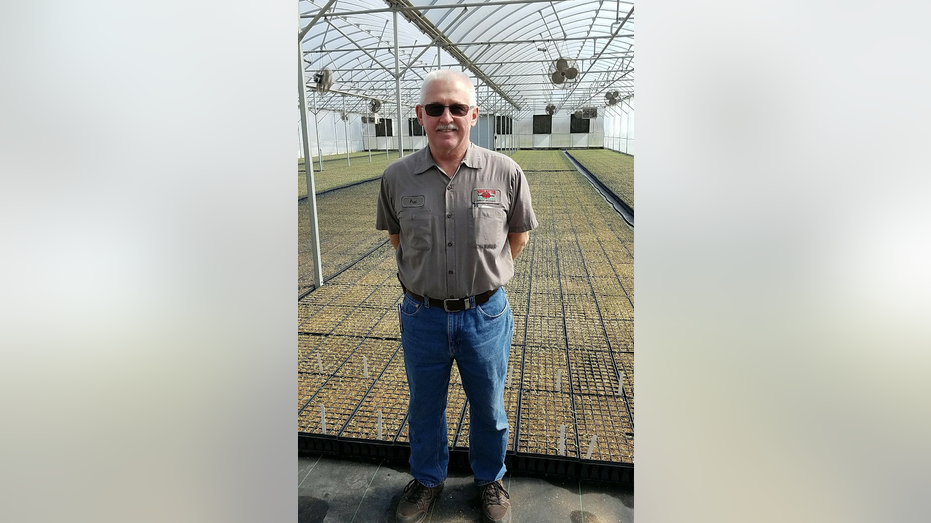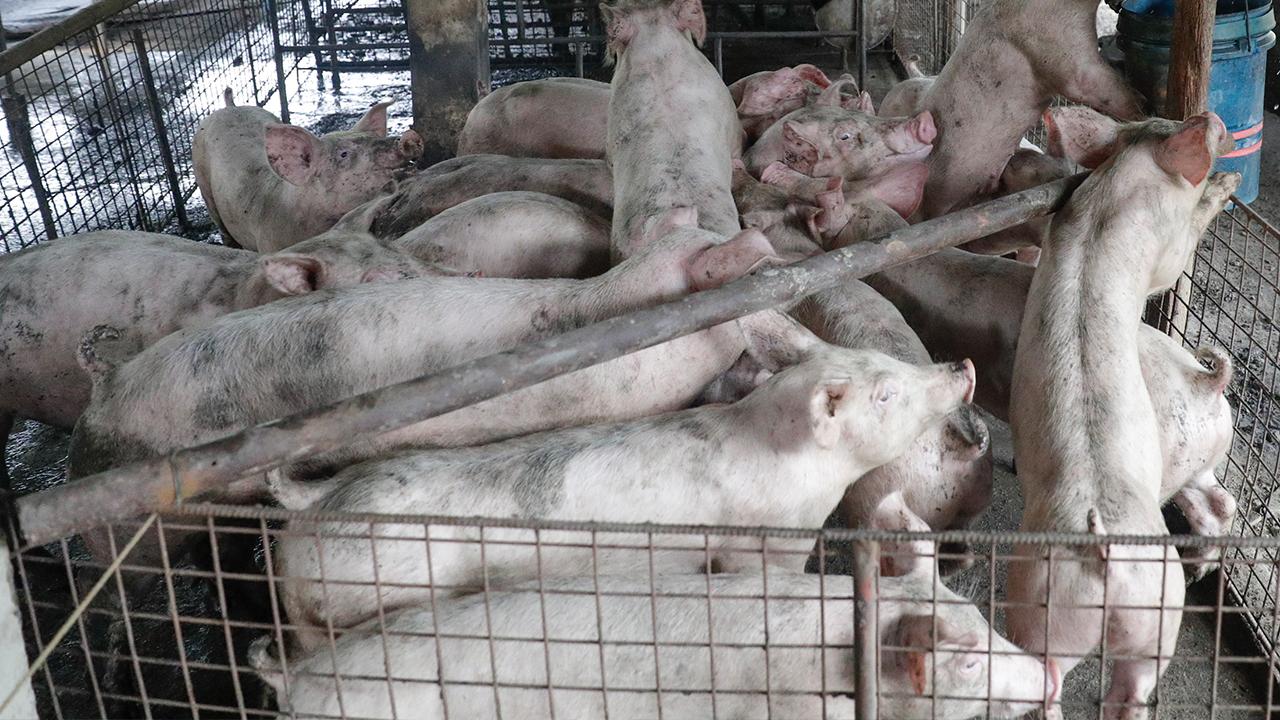Work authorization for farmworkers will save farms like mine: Fourth-generation Michigan farmer
If we don’t act now, this next decade will certainly bring about the death of many more American farms
For American produce farmers like me, 2019 closed out a decade marked by tremendous change. We’ve watched our industry erode as tighter borders and disinterest in farming from U.S. workers has devastated our labor supply.
National advertisements for job openings went mostly unanswered while domestic workers sought less labor-intensive work. Without enough hands at harvest, acres of fresh fruits and vegetables rotted, farmers scaled back production and every year more farms closed their doors for good.
FARMERS BACK TRUMP AS TARIFF UNCERTAINTY WEIGHS
The H-2A temporary worker visa program helped some of us find workers from abroad, but its costs cut into already thin margins. Meanwhile, farmers who turned to undocumented laborers lived fearfully aware that they were one immigration raid away from losing a season of crops.
As a fourth-generation fruit and vegetable farmer in southwestern Michigan and a former president of the National Council of Agricultural Employers, I’ve seen these problems up close. For American farms to survive in the next decade, we need a better plan.

Fortunately, last month the House of Representatives passed the bipartisan Farm Workforce Modernization Act, which would offer legal status and a path to citizenship to hundreds of thousands of undocumented immigrants working in agriculture. While the bill isn’t perfect, it addresses significant gaps in the system.
It streamlines the H-2A program and it brings a whole population of undocumented workers out of the shadows, providing security to the American agriculture industry and well-deserved protections to immigrant farmworkers who fuel our economy. Now it’s time for the Senate to see this bill through.

Our immigration laws must change if we want vital American industries to survive. Many of the undocumented immigrants working in our fields have fled violence, drugs, cartels and economic insecurity. But they arrived with the gift of their hard work and talents.
Americans, meanwhile, don’t always realize how this population touches their lives regularly: without them, there would be no bountiful fruit and vegetable aisles at our nation’s grocery stores.
DAIRY FARMERS FACING CRISIS AS MILK CONSUMPTION, PRICES DECLINE
Without them, our dinner tables would be sorely lacking. Without them, hundreds of farmers across this country would literally have no one to pick their apples, their strawberries, their tomatoes.
These workers keep American businesses running and they deserve legal status so they may live and work without fear of deportation.
Thirty-four Republicans in the House joined their Democratic colleagues in passing the Farm Workforce Modernization Act.
In today’s partisan environment, that’s significant; it shows just how crucial this bill is for the future of our country.

Labor shortages alone explain the estimated 27 percent of the market share loss experienced by U.S. growers from the late 1990s to the early 2010s, according to New American Economy.
Had growers held onto their share of the domestic market, an additional 89,300 U.S. jobs would have been created in 2012, NAE reports.
In addition to the economic costs, looming food insecurity is real. Under the current system, American farms are barely surviving, especially in the face of Mexican farms that operate with rock-bottom production costs.
It hurts me and many other farmers I know to see these hard-working mothers and fathers barely scraping by just so that American families can save a few dollars on blueberries.
For example, I pay $5.26 in labor costs for every 20-pound package of tomatoes I sell, while Mexican farms pay only 36 cents per package.
Our competitive disadvantage has allowed Mexican farms to capture more and more of U.S. market share. It’s clear to me that if nothing changes, I may have to call it quits in a few years.

Some consumers may not see a problem here. I get it: cheaper produce means more money for other family expenses. But the more our country relies on Mexico to supply its food, the less we’re able to feed ourselves.
When another country controls our food supply, we are at its mercy. If there’s a food shortage, prices will jump, and then Congress will be forced to bend to the will of another government.
GET FOX BUSINESS ON THE GO BY CLICKING HERE
Consumers should also consider the human toll of such cheap produce. Mexican farmworkers tell me they are paid about $9 per day back home; it takes them three months in Mexico to make what American farmers pay them in a week.
It hurts me and many other farmers I know to see these hard-working mothers and fathers barely scraping by just so that American families can save a few dollars on blueberries.

In addition to meager wages, Mexico doesn’t have the same worker protection laws as the United States; when consumers support these producers, they support labor practices that hurt workers.
But low costs also impact food quality. Mexico doesn’t have our same high standards for environmental regulation, food safety, or pesticide use. All of that ends up in the food American consumers put on their dinner tables every day.
The Farm Workforce Modernization Act protects American farms, immigrant workers, American food security and, ultimately, the health of the nation.
I’m urging the Senate to work cooperatively to ensure that this bill makes it to the president’s desk.
If we don’t act now, this next decade will certainly bring about the death of many more American farms. The country may not realize it now, but everyone will surely miss us when we’re gone.
Fred Leitz is a farmer and past president of the National Council of Agricultural Employers who lives in Sodus, Michigan.
CLICK HERE TO READ MORE ON FOX BUSINESS




















